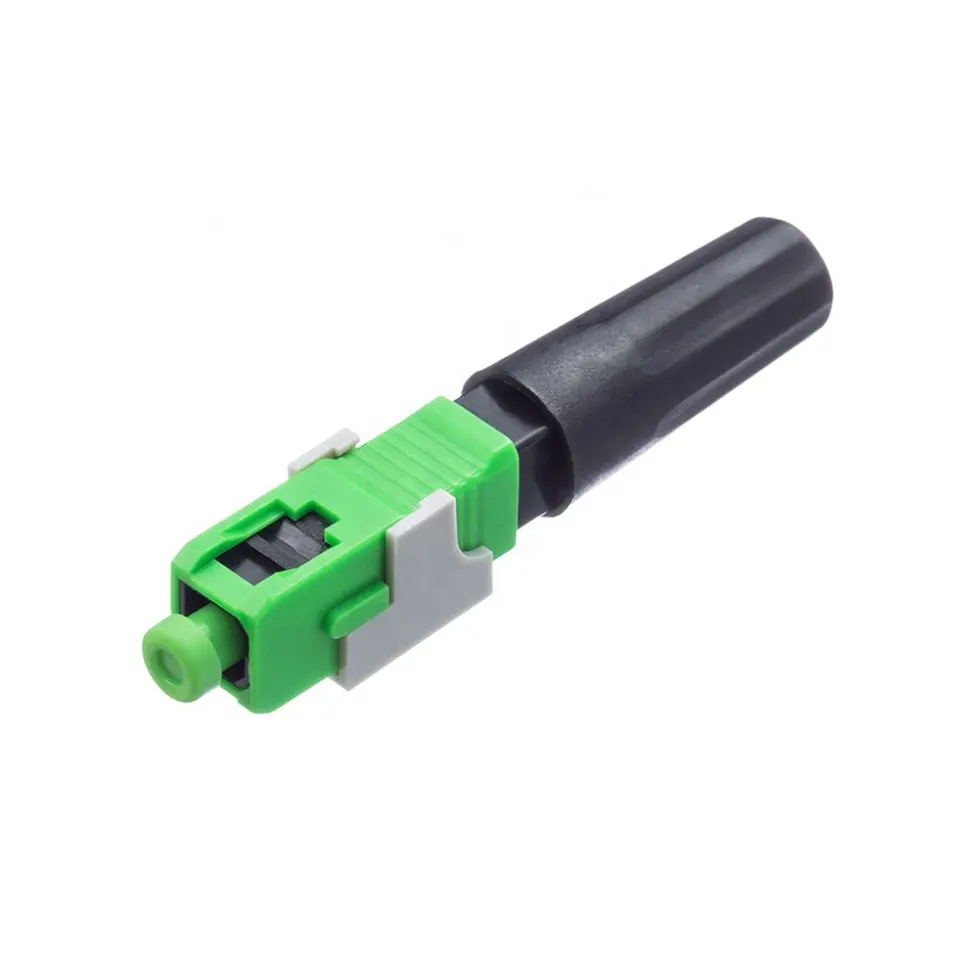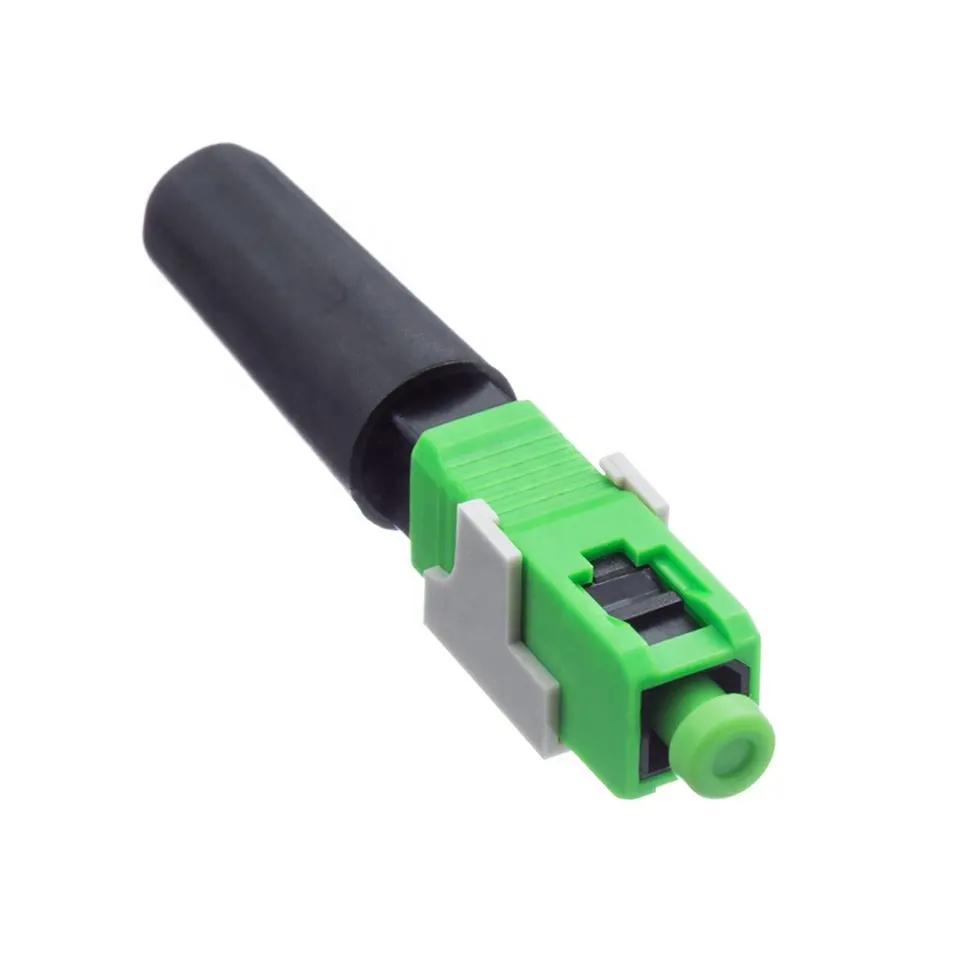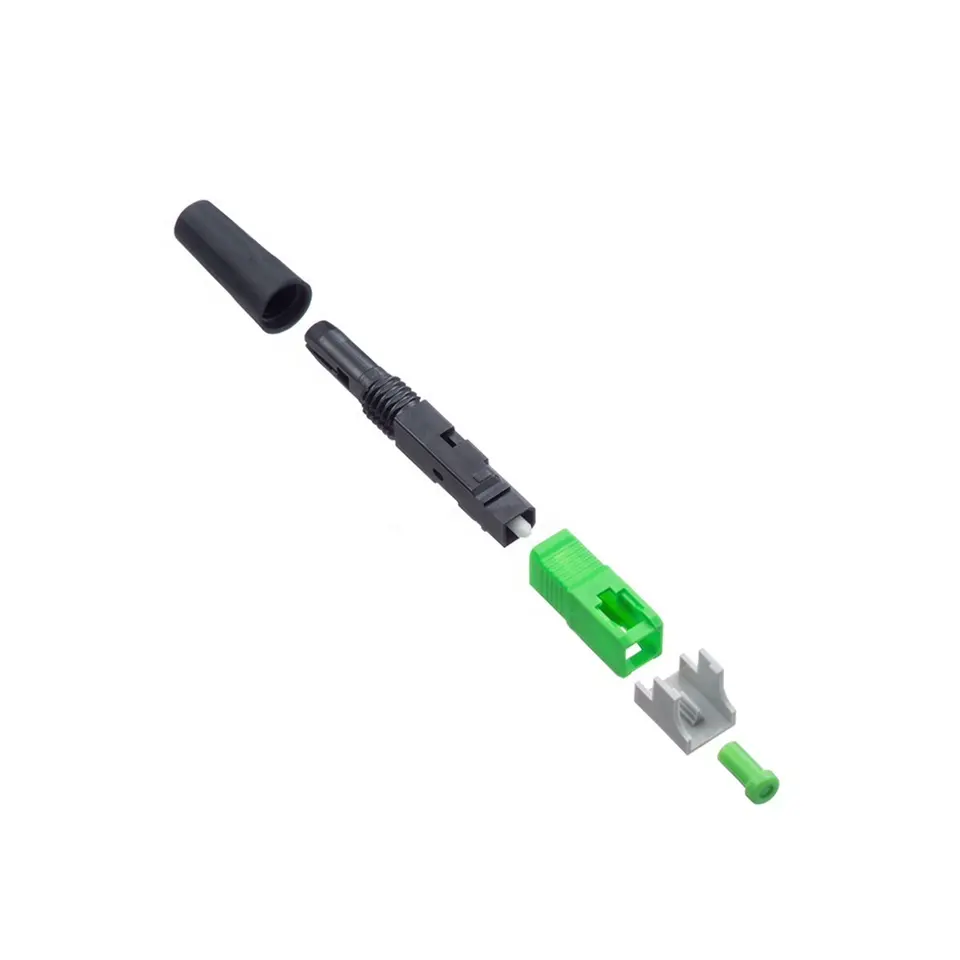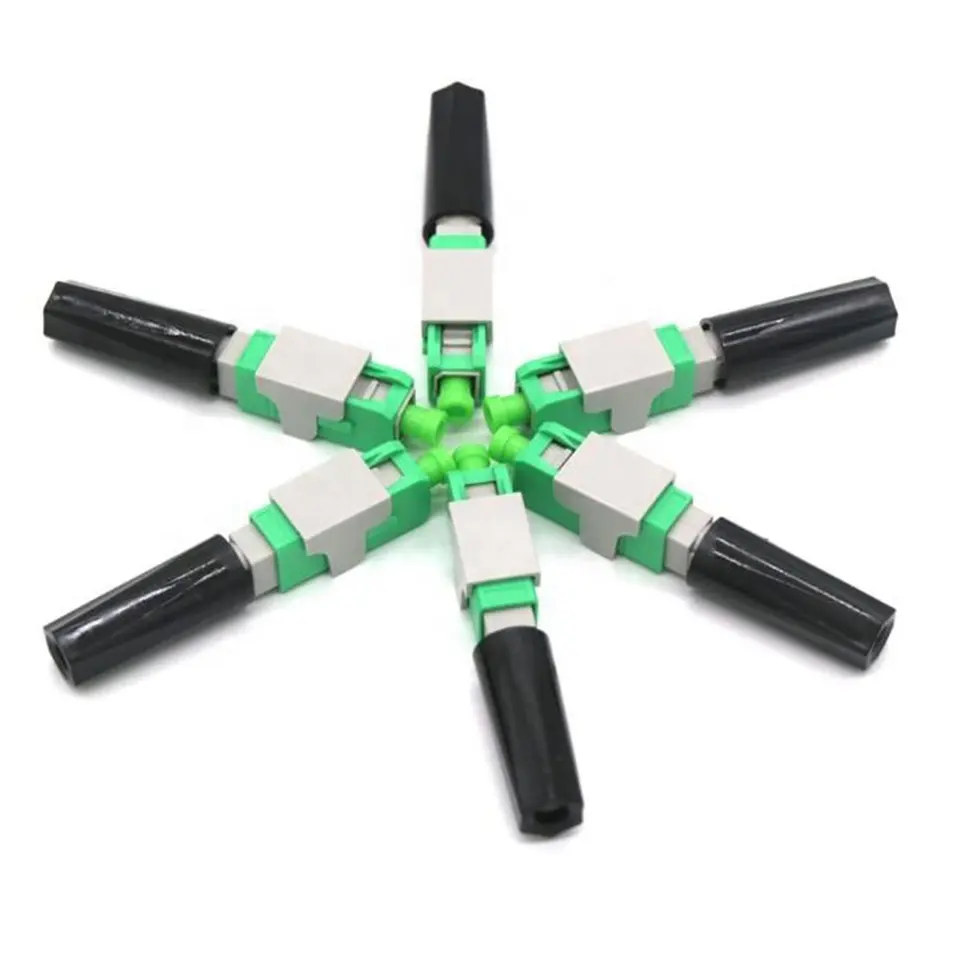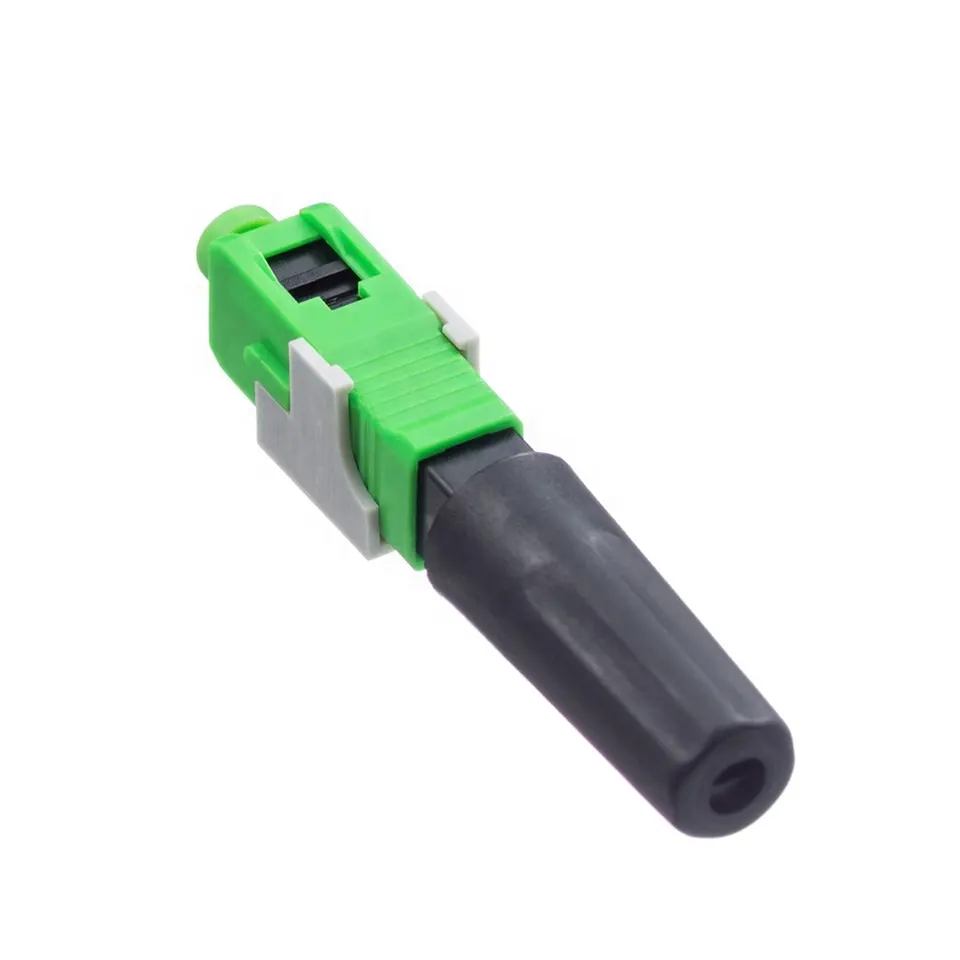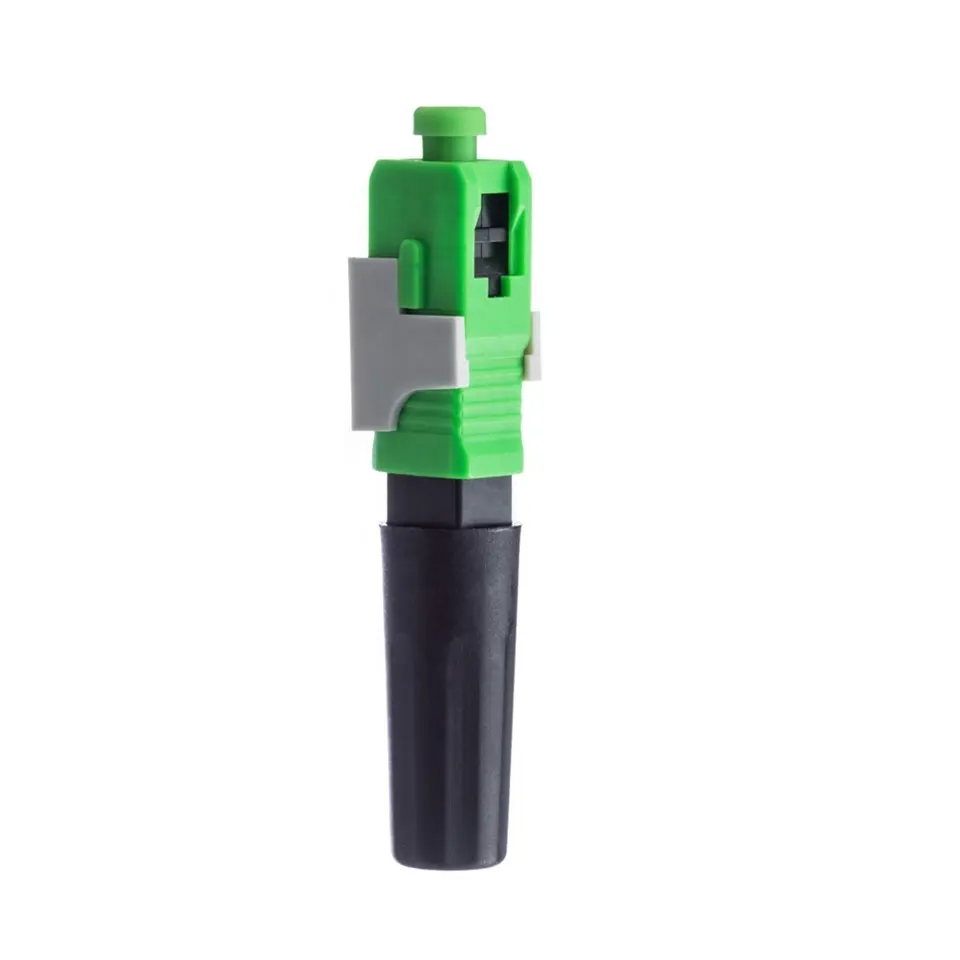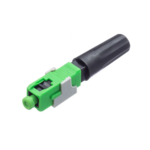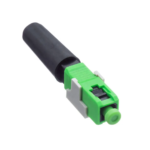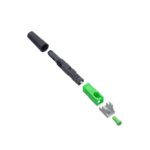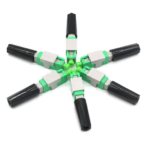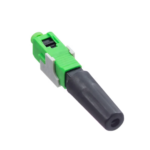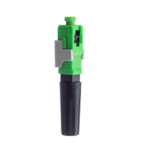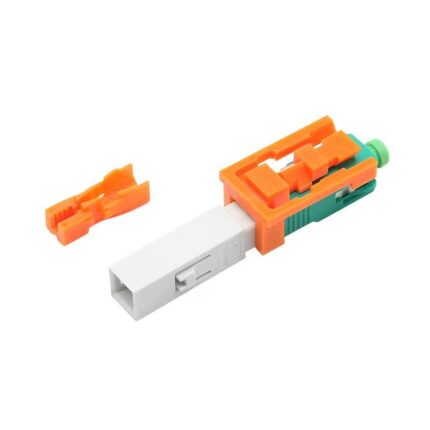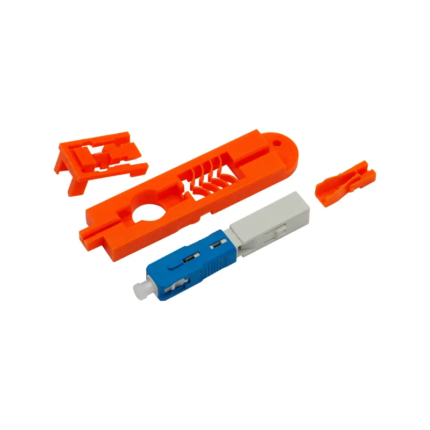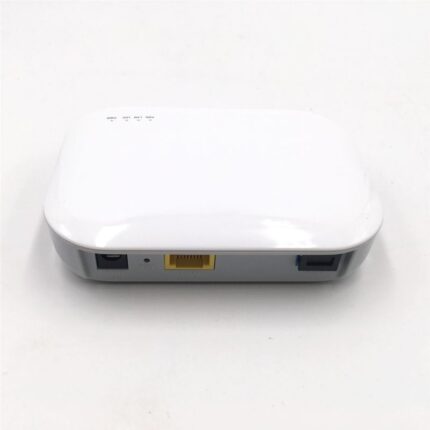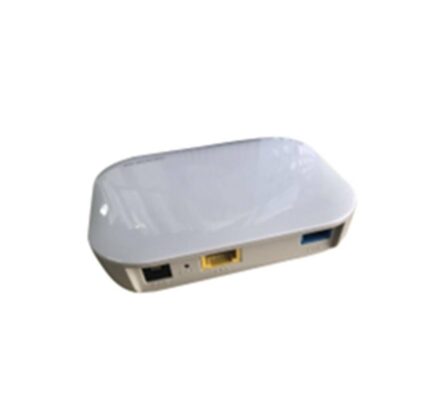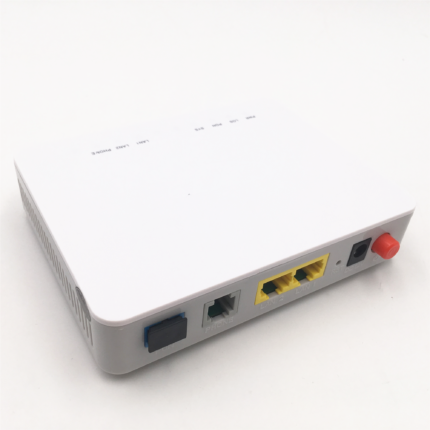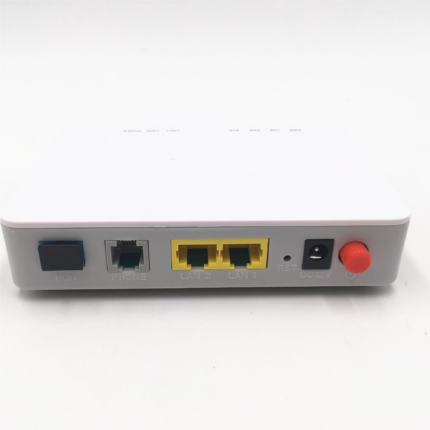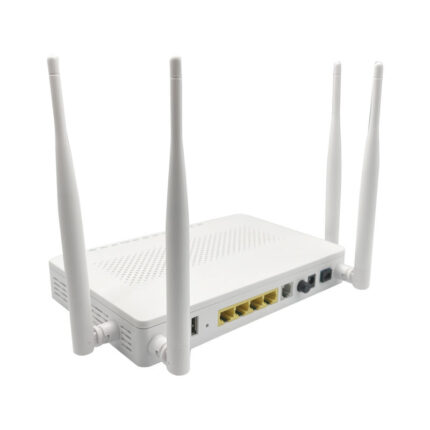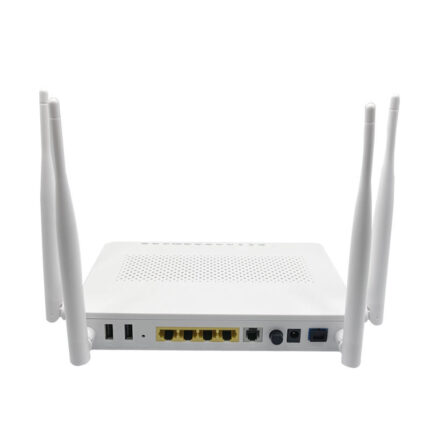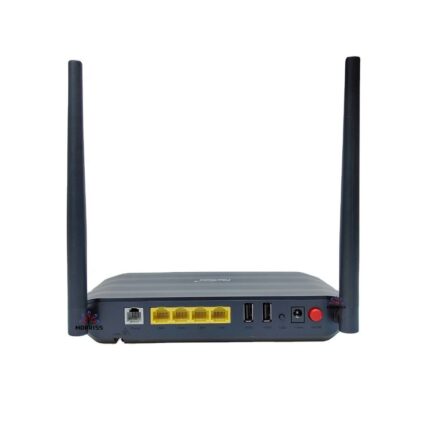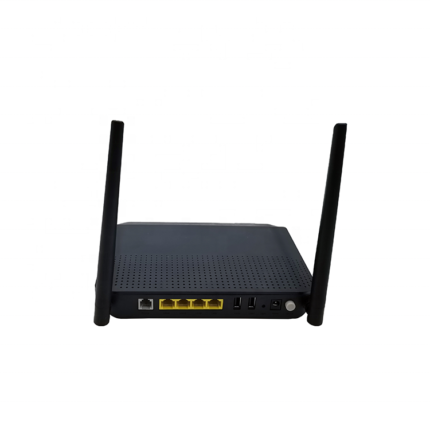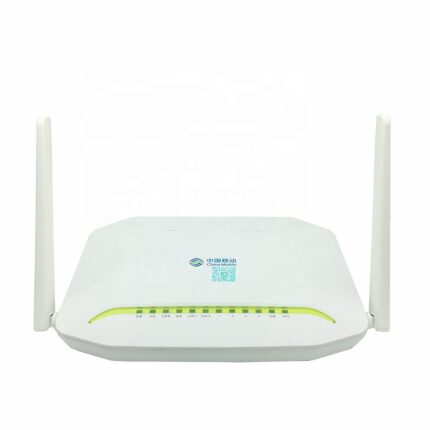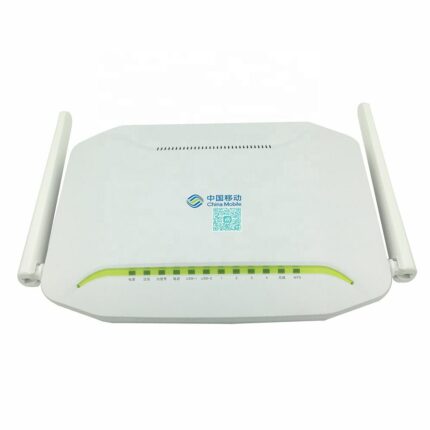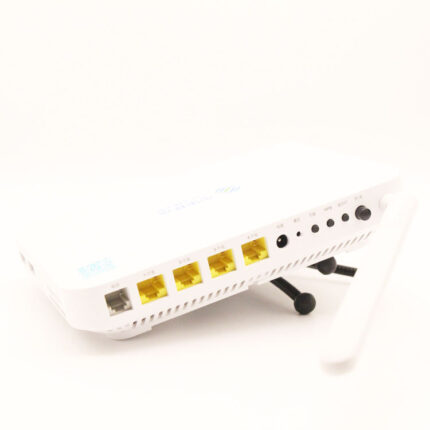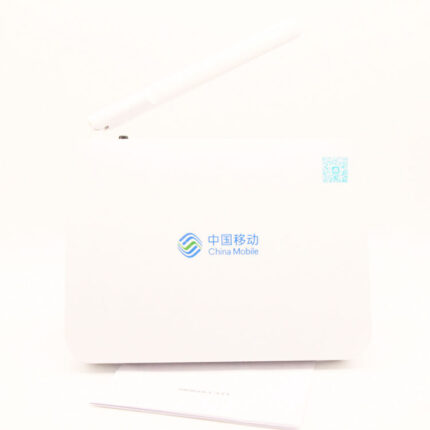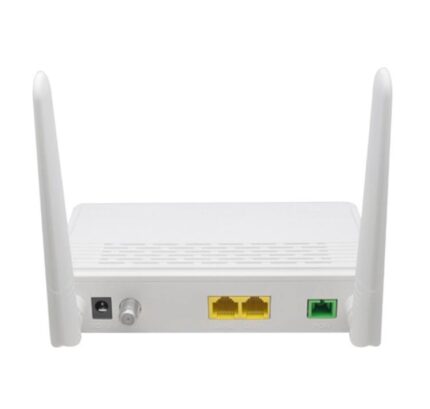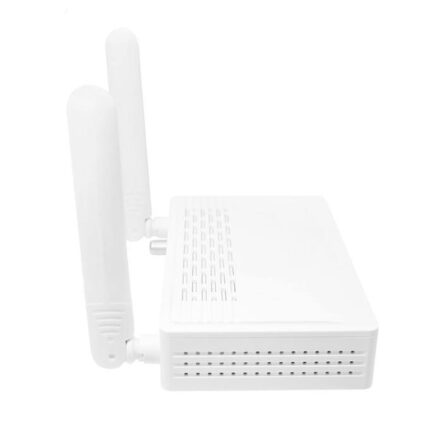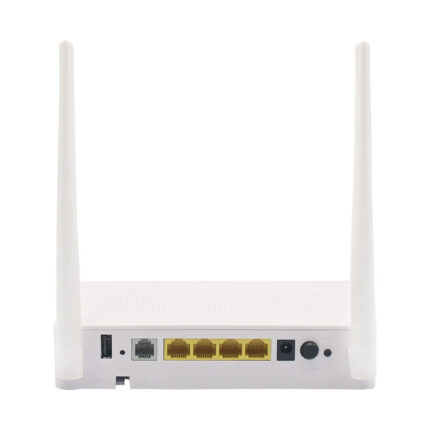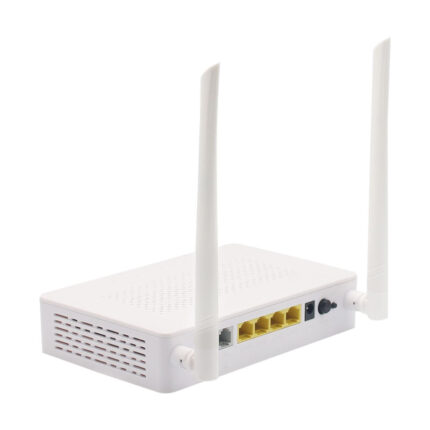SC UPC Connector Overview
The Fiber SC UPC Connector Cable is a crucial component in fiber optic networks, designed for quick and efficient field installations without the need for specialized tools or extensive training. Here is a detailed overview of its features, applications, and advantages:
Key Features:
- SC UPC Connector:
- Type: The connector is an SC (Subscriber Connector) type, which is a standard push-pull connector used in a wide range of applications.
- Polish Type: The connector features an Ultra Physical Contact (UPC) polish, providing low insertion loss and back reflection, making it suitable for high-precision data transmission.
- Compatibility:
- Fiber Type: Compatible with both singlemode and multimode fibers, offering versatility in various network setups.
- Cable Type: Specifically designed for use with drop cables, which are the final segment of the fiber optic network connecting the main line to individual homes or businesses.
- Fast Installation:
- Field-Installable: Allows for quick, on-site terminations without the need for a fusion splicer. Ideal for installations where time and equipment availability are constraints.
- Tool-Free: Typically requires minimal tools, often just a fiber cleaver, to complete the installation.
- Performance:
- Low Insertion Loss: Ensures minimal signal loss at the connection point, crucial for maintaining the integrity and performance of the optical network.
- Low Return Loss: The UPC polish provides low back reflection, enhancing the overall signal quality and reducing potential interference.
- Robust Construction:
- Durability: Built with high-quality materials to withstand environmental factors, ensuring reliable performance over time.
- Design: The connector is designed to secure the fiber firmly, reducing the risk of disconnection or damage.
SC UPC Connector Applications:
- FTTx (Fiber to the x):
- Widely used in Fiber to the Home (FTTH), Fiber to the Building (FTTB), and other FTTx applications, where quick and reliable connections are essential for delivering high-speed internet and communication services.
- Telecommunications:
- Employed in various telecommunications infrastructure to connect drop cables in both urban and rural deployments, supporting the last mile connectivity.
- Data Centers:
- Used in data centers for quick and reliable connections, facilitating the expansion and reconfiguration of networks with minimal downtime.
- CATV Networks:
- Integral in Cable Television (CATV) networks to ensure stable and high-quality signal transmission to end-users.
- Maintenance and Repair:
- Ideal for maintenance and repair scenarios where quick restoration of service is necessary without extensive equipment.
Advantages:
- Ease of Installation:
- The fast connector design allows for swift, tool-free installation, reducing the time and cost associated with fiber optic network deployments.
- High Performance:
- Provides excellent optical performance with low insertion and return loss, ensuring high-quality signal transmission.
- Versatility:
- Compatible with various fiber and cable types, making it suitable for a wide range of applications and network environments.
- Cost-Effective:
- Reduces the need for expensive splicing equipment and trained personnel, offering a cost-effective solution for fiber optic installations.
- Reliability:
- Designed for durability and long-term performance, providing a reliable connection point in the network infrastructure.
Explore More:
